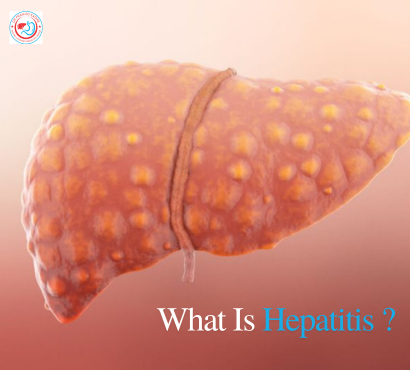Hepatitis refers to the inflammation of the liver, a vital organ responsible for numerous functions including detoxification, protein synthesis, and digestion. Various factors, including viral infections, alcohol consumption, and certain medications, can lead to hepatitis. Understanding the different types of hepatitis is essential for effective prevention and treatment.
Types of Hepatitis
- Hepatitis A (HAV): Transmitted through ingestion of contaminated food or water, HAV often causes acute liver inflammation but doesn’t lead to chronic disease. Vaccination is available and effective.
- Hepatitis B (HBV): Spread via contact with infected bodily fluids, HBV can cause both acute and chronic infections. Chronic HBV increases the risk of liver cirrhosis and cancer. Vaccination is the primary preventive measure.
- Hepatitis C (HCV): Primarily transmitted through blood-to-blood contact, HCV often leads to chronic liver disease. While no vaccine exists, antiviral medications can effectively cure the infection.
- Hepatitis D (HDV): Occurs only in individuals already infected with HBV, leading to more severe complications. Prevention focuses on HBV vaccination.
- Hepatitis E (HEV): Similar to HAV, HEV spreads through contaminated water and is prevalent in areas with poor sanitation. It usually causes acute infections, but can be severe in pregnant women.
Symptoms of Hepatitis
Common symptoms across different types include:
- Fatigue: Persistent tiredness and weakness.
- Jaundice: Yellowing of the skin and eyes.
- Abdominal Pain: Discomfort in the upper right abdomen.
- Dark Urine: Urine appearing darker than usual.
- Loss of Appetite: Reduced desire to eat.
It’s important to note that some individuals, especially in the early stages, may be asymptomatic.
Treatment Options
- Hepatitis A and E: Generally self-limiting; supportive care includes rest, hydration, and proper nutrition.
- Hepatitis B: Antiviral medications can manage chronic HBV, reducing the risk of liver damage. Regular monitoring is essential.
- Hepatitis C: Direct-acting antivirals (DAAs) can cure HCV in most cases. Early diagnosis and treatment are crucial.
- Hepatitis D: Management focuses on controlling HBV infection, as HDV cannot exist without HBV.
Prevention Strategies
- Vaccination: Effective vaccines are available for hepatitis A and B.
- Safe Practices: Avoid sharing needles, ensure safe blood transfusions, and practice safe sex to reduce transmission risks.
- Hygiene: Maintain proper sanitation and consume safe drinking water to prevent HAV and HEV.
FAQs
- Can hepatitis be cured completely?
Hepatitis A and E usually resolve on their own. Hepatitis C can often be cured with antiviral medications. Chronic hepatitis B can be managed effectively, but a complete cure is rare.
- Is hepatitis contagious?
Yes, certain types like hepatitis A, B, and C are contagious. They spread through contaminated food, water, blood, or bodily fluids.
- Who should get vaccinated against hepatitis?
Vaccination is recommended for all infants, healthcare Professional, individuals with high-risk behaviors, and travelers to areas with high hepatitis prevalence.


